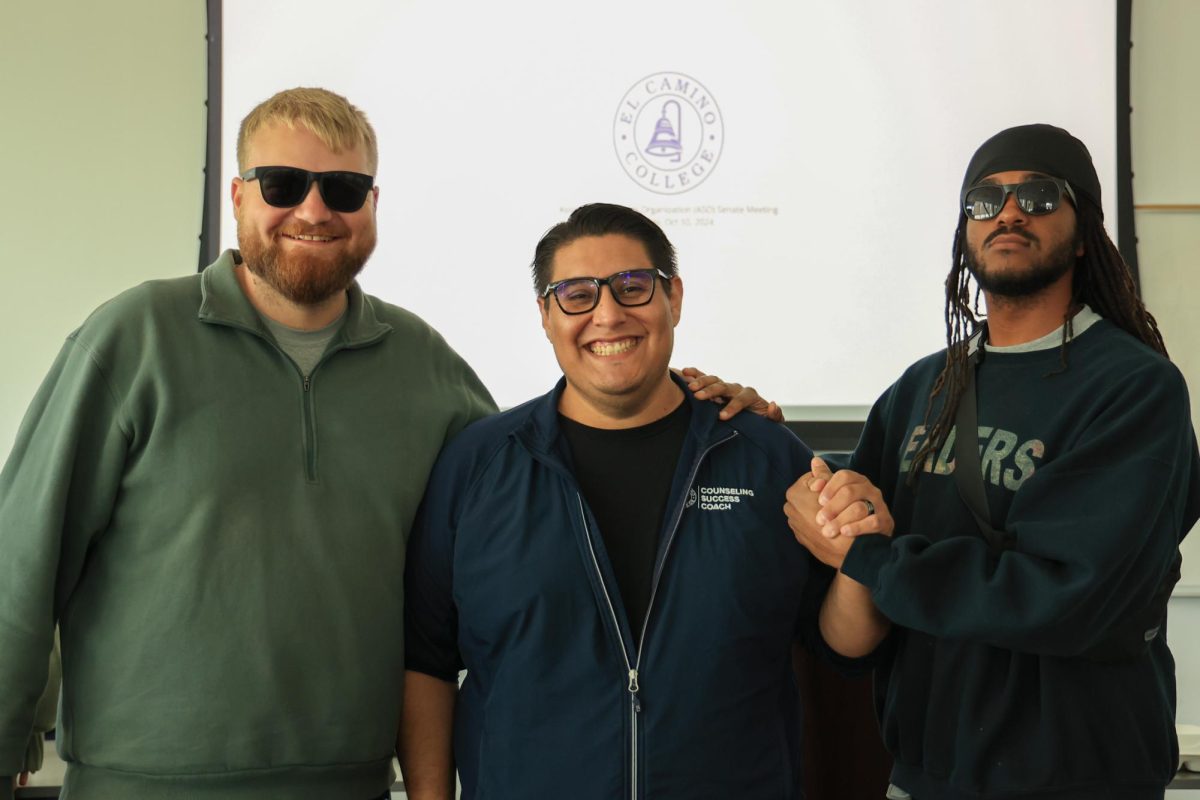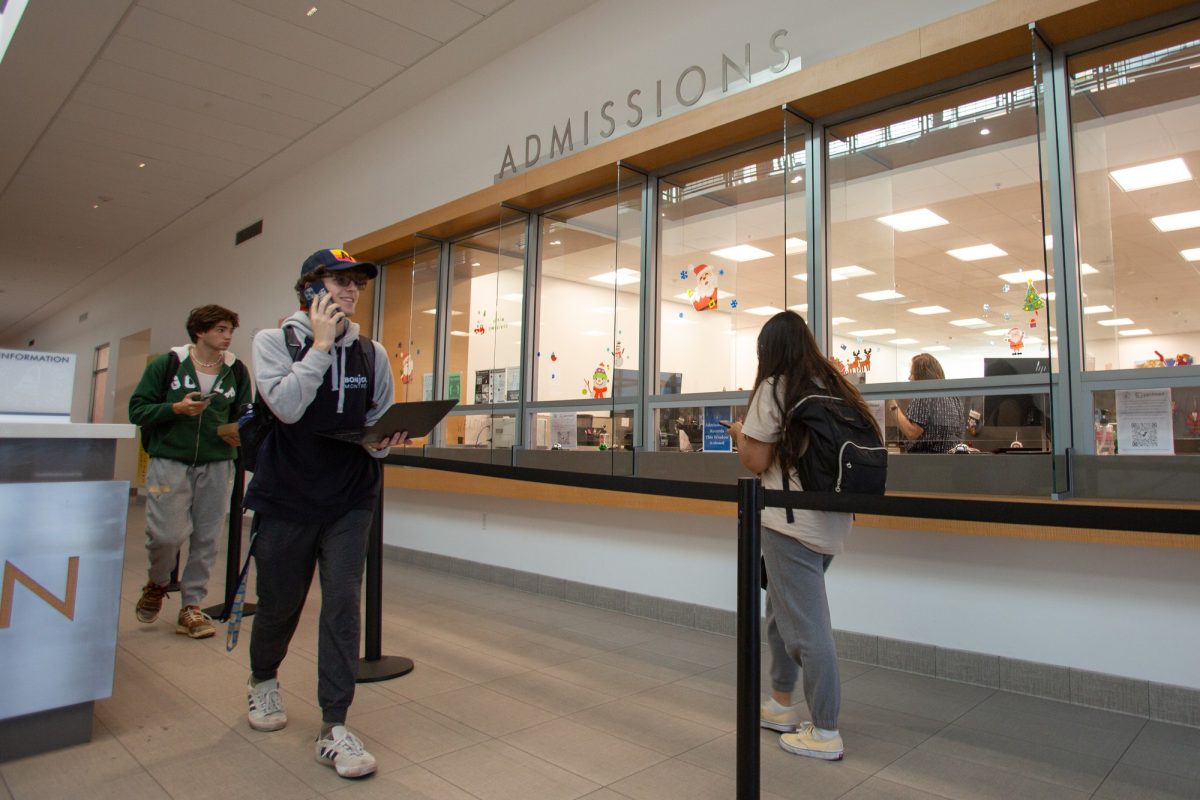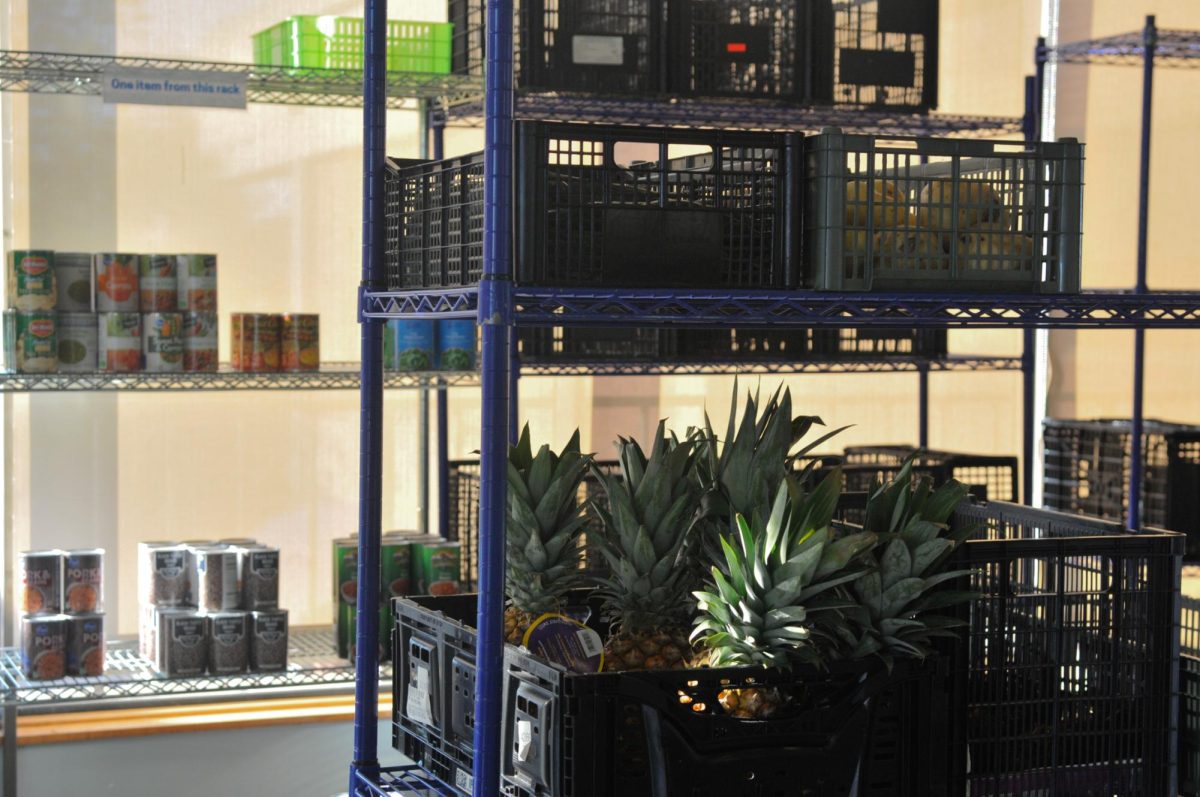While changes to Title V course repeatability regulations regarding non-repeatable classes were officially implemented over the summer, similar regulations regarding repeatable classes won’t go into effect until fall 2013, an EC official said.
“The policy change for repeating classes you can only take once is now in place,” Dr. Jeanie Nishime, Vice President of Student and Community advancement said.
“Basically, you can only take non-repeatable classes three times, and that’s it,” Nishime added.
However, due to the unique structure and position of repeatable classes, policy changes regarding those classes, such as P.E. and art, have proven to be less simple to apply.
“Curriculum changes have to take place this year on that, because you can’t have an abcd class any more, each must be offered on its own merit, so the faculty will have to revise their course offerings first,” Nishime said.
Further confusing the issue is that the new changes to the Title V regulations don’t in fact apply equally to all repeatable classes, Dean of Fine Arts Constance Fitzsimons said.
“Some courses have been exempt, athletic competition and intercollegiate academic competitive courses, like the football and forensics teams, they can still go as abcd’s,” Fitzsimons said.
Also exempt from the new regulations are courses for which transfer universities accept multiple units of, including classes such as applied music and performing ensemble.
The California Community Colleges Chancellor’s Office has spent more than the last year and a half studying the topic of course repeatability, according to a document released by Barry Russell, Vice Chancellor of the Academic Affairs Division.
“Under the current economic and legislative climate, the community colleges have come under increasing scrutiny concerning the ability of students to repeat classes in a manner that is not productive to the goal of increasing overall student success and completion,” the document reads.
The policy changes have been made in the interests of both streamlining the California Community College system, as well as ensuring as high an influx of new students as possible.
“One of the primary concerns was that repeatability may well be blocking new students from access to classes,” Fitzsimons said.
“We’re kind of looking at, if we can only offer fewer classes, how do we make sure that everyone gets equal access to those classes?” Fitzsimons added.








